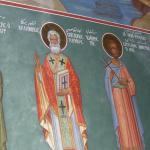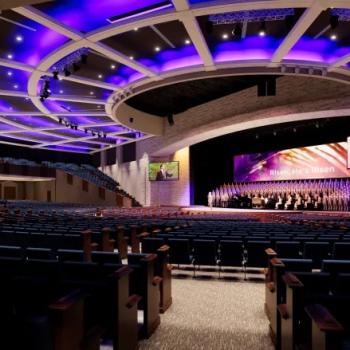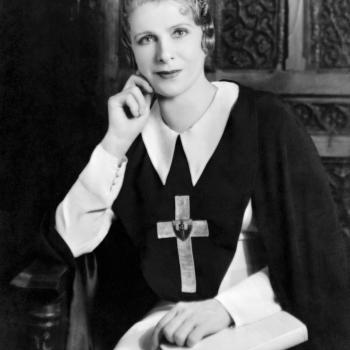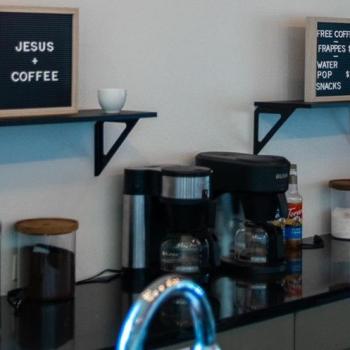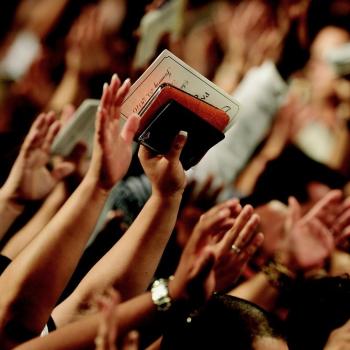Why do Pentecostals like to eat together?
A Pentecostal asked this question who had spent her life in church. Certainly I could do a lot of research on Table Fellowship and come up with some profound answers. The larger Body of Christ is considering the question, not only Pentecostals. Why do Christians like to eat together?
There are other elements of reading communities supporting growth in the Word.
They devoted themselves to the apostles’ teaching and fellowship, to the breaking of bread and the prayers. Awe came upon everyone, because many wonders and signs were being done by the apostles. All who believed were together and had all things in common; they would sell their possessions and goods and distribute the proceeds to all, as any had need. Day by day, as they spent much time together in the temple, they broke bread at home and ate their food with glad and generous hearts, praising God and having the goodwill of all the people. And day by day the Lord added to their number those who were being saved. (Acts 2.42-47, NRSV)
Not only is a commitment to the reading of the Word and doctrine important.
The community of faith sets an atmosphere that greatly supports community formation
The New Testament (NT) Church is known for “fellowship,” or koinonia (verse 42). This is a noun, meaning that we do not only enjoy fellowship on Sunday as a verb, but we are part of a fellowship of believers. At times, translators render it communion, meaning a deeper level of fellowship shared with God and others in Christian community.
Jesus starts what comes to be known as “Table Fellowship,” extending an invitation for people of various social backgrounds to have a seat at the table. This practice of breaking down walls of division is a direct challenge to some religious traditions of His time.[1]
Russ Taff | Table in The Wilderness
To listen to the song on YouTube CLICK
It is important to note the NT Church in Acts does not make up this radical idea. Jesus invents Table Fellowship and implants it deep in the ministry of the Apostles. The Apostles teach it to the early believers. Table Fellowship becomes a mark of the NT Church. Without a sense of belonging to the community, it is very difficult to teach new believers about doctrine. They simply have no buy-in.
The phrase, “breaking of bread,” is linked to communion or the Lord’s Table. “‘The breaking of bread’ in all likelihood signified the Lord’s Supper (verse 42). The word ‘fellowship’ (koinonia) may refer in part to the fellowship meal that preceded the sacramental breaking of bread. Hence the ‘breaking of bread’ points in a special way to the Lord’s Supper.”[2]
Since there is great agreement on the meaning of this phrase, let us consider it in light of how the sacraments support the reading of the Word. The sacraments offer a tangible shared experience which undergirds the truth of each one. These are blessed activities illustrating a particular truth of the Gospel, shared in community.
Even though “breaking of bread” refers to the Lord’s Supper (in all likelihood), the term “fellowship” stands alone as a vital practice in the NT communities of faith. Acts 2 begins with the pouring out at Pentecost and ends with a house to house progressive party, a perpetual potluck.
To eat together is to share in a form of fellowship. To eat together is a barrier-breaking social practice dating back to the earliest days of Pentecost, and even before as a practice instituted by our Lord.
notes:
- Dale T. Irvin and Scott W. Sunquist, History of the World Christian Movement, Volume I: Earliest Christianity to 1453 (Maryknoll, NY: Orbis Books, 2009), 24.
- J. Rodman Williams, Renewal Theology: the Church, the Kingdom, and Last Things (Grand Rapids, MI: Zondervan, 1992), 242.


